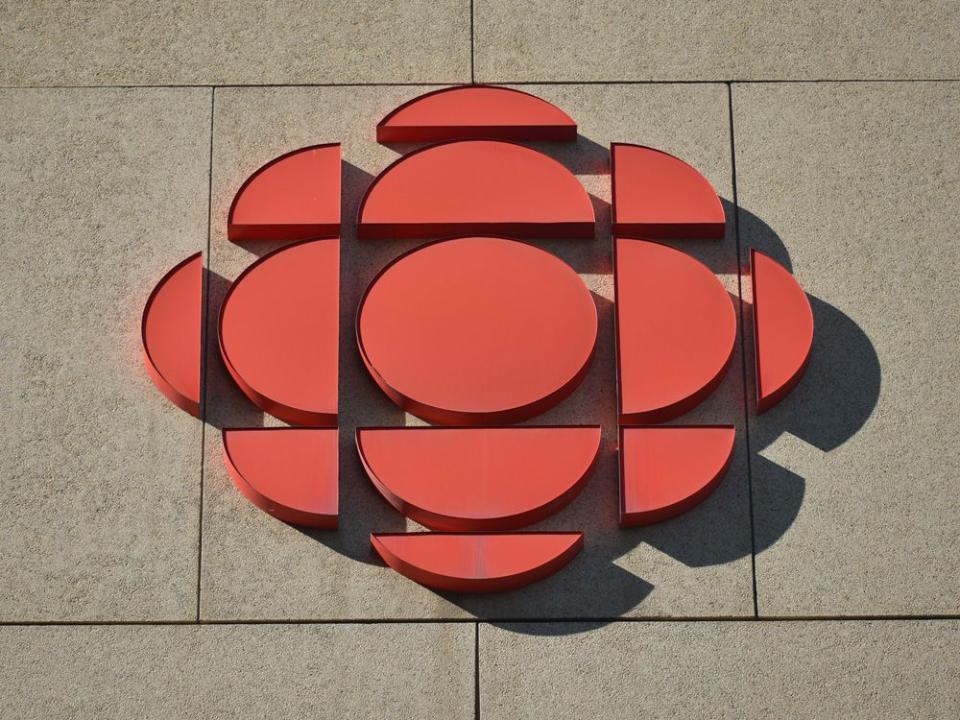Matthew Lau: Cutting CBC would give twice

Cutting government spending is almost always beneficial but new Conservative leader Pierre Poilievre’s proposal to eliminate the CBC’s public funding is doubly so. Many other government-run institutions are so blatantly inefficient and do so badly that there is at least the silver lining that they sow public skepticism about further government expansion. The CBC is also inefficient and does badly but it is in the business of pushing stories and promoting ideas, and the ideas it promotes are those favouring government expansion. As Milton Friedman wrote, “Any institution will tend to express its own values and its own ideas … A socialist institution will teach socialist values.”
An entity that gets $1.4 billion of its $1.9 billion in annual revenues from the federal government could not possibly have an internal culture favourable to free markets or antagonistic to large disbursements of public money for pet causes. Thus the double dividend of cutting the CBC’s funding: first, the savings to taxpayers and, second, less teaching of socialism.
Of course, to say the CBC is in the business of teaching socialism is to paint with an overly broad brush. Some people at the CBC are not socialists, while others teach much more than socialism, notably: climate alarmism, identity politics, and especially the singular importance of diversity above all other considerations.
The diversity promoted at the CBC is not diversity of thought, however, or the diversity that spontaneously arises as a result of bringing together many unique individuals, but rather the tiresome top-down diversity of the kind enforced by most modern university administrators. To work at the CBC today, former employee Tara Henley wrote in the National Post earlier this year, is “in my newsroom, to fill out racial profile forms for every guest you book” and “submit to job interviews that are not about qualifications or experience — but instead demand the parroting of orthodoxies, the demonstration of fealty to dogma.”
On top of the CBC’s existing obsession with diversity, its regulator, the CRTC — yes, Mr. Poilievre, another government institution to put on the chopping block — is imposing additional diversity requirements on its staffing and programming. Its new requirements of the CBC include, among other things, minimum levels of expenditure on producers from “equity-seeking communities” (as if there were communities that don’t seek or deserve equity).
Matthew Lau: Without profits, food prices would be way higher
Matthew Lau: White-collar workers do useful labour, too. Even bankers
The CRTC has also established something called a “woman intersectionality credit” to “incentivize expenditures on productions produced by Indigenous Peoples, racialized persons, persons with disabilities, and persons who self-identify as LGBTQ2, who also self-identify as women.” The double self-identification methodology — or perhaps it’s self-identification squared — presumably is intended to promote equity by opening the door for anyone and everyone to attain the enviable status of being exponentially qualified for government-funded affirmative action.
Friedman’s observation about socialist institutions teaching socialist ideas was actually in reference to the public school system. In Canada schools are a provincial responsibility but Friedman’s observation should provide Conservatives with an excellent idea on another government spending cut that would deliver the double dividend: university funding. In 2020-21, universities received $5.3 billion in federal funding on top of the $15.2 billion they already received from provincial governments.
The CBC will of course always have its cheerleaders for government funding. On the day Poilievre was elected Conservative leader, CBC panellist and Toronto Star columnist Althia Raj juxtaposed his proposal to defund the CBC with her view that the broadcaster’s content (she gave no specific examples) shows “precisely why it is valuable.” But that’s a pure non sequitur. Something should receive public funding because it is valuable? The McDonald’s Corporation is worth US$181 billion, making it far more valuable than the CBC. Should it get federal funds, too?
In a 2003 article in The Journal of Law and Economics four economists, including Andrei Schleifer of Harvard, examined media ownership in 97 countries, testing two competing theories of government ownership of media. According to the public interest theory, the government is providing a service that the market has failed to provide; according to the public choice theory, government ownership of media “undermines political and economic freedom.” The data, the authors concluded, support the public choice theory. Thus the benefits to Canadians of defunding the CBC likely would greatly exceed $1.4 billion annually.
Matthew Lau is a Toronto writer.

 Yahoo Finance
Yahoo Finance 